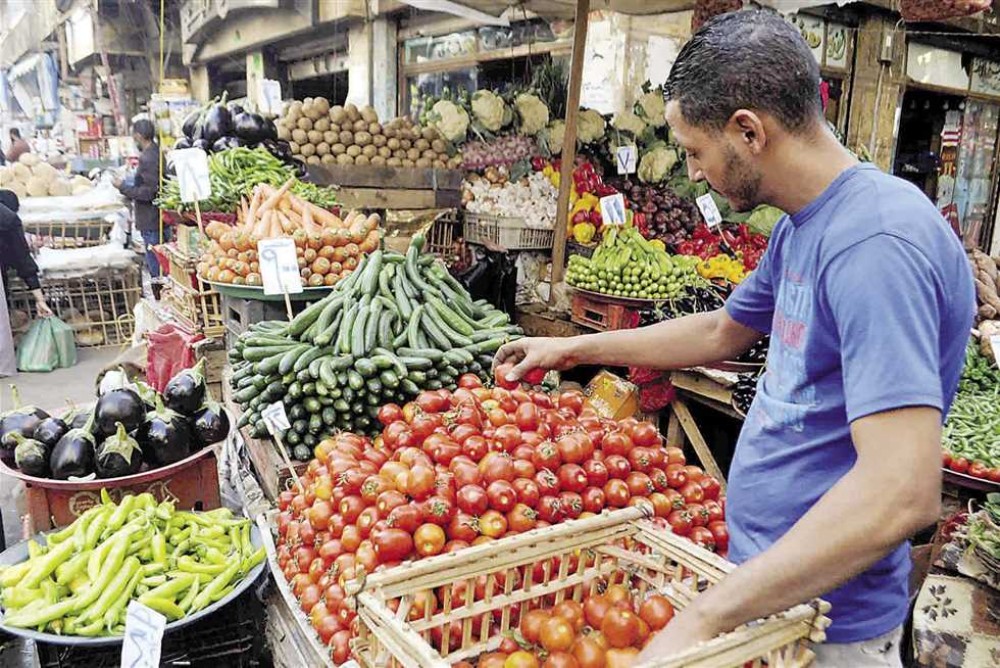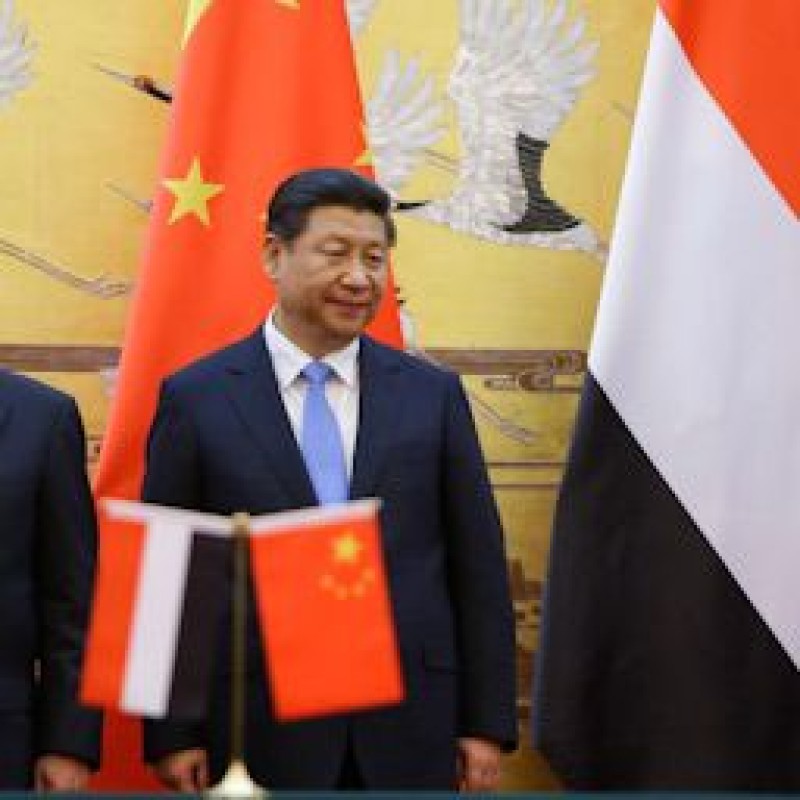Yemen: Salary Cuts, Unemployment Lead to Seasonal Fruit Slump


The seasonal fruit markets in the northern provinces of Yemen are witnessing unprecedented stagnation, as consumers struggle to buy goods due to deteriorating living conditions, salary cuts, and unemployment.
While large quantities of fruit pile up in shops and on the carts of street vendors, farmers and traders lament the significant loss of their crops in storage.
Samir, a government employee in one of the revenue sectors in the Houthi-run Yemeni capital, Sanaa, says he can only afford to buy fruits rarely.
He’s forced to turn down his children’s requests for sweets in order to save up for the cost of fruit once a week, attempting to persuade them of the importance and benefits of fruits compared to the drawbacks of sweets, which strain his budget in turn.
Samir further said that he tries not to miss seasonal fruits, which are only available for a few months every year, unlike many other agricultural products that are accessible year-round. He expresses regret that only a few people can enjoy these fruits.
Hassan Mohammed, an employee at an international organization, agrees with Samir’s viewpoint.
He believes that fruit prices are reasonable and that their seasons should not be missed, allowing them to go to waste or forcing traders to discard them in the trash or feed them to livestock.
Mohammed reinforces his opinion by indicating that individuals with limited incomes can substitute fruits for their regular meals so as not to miss out on their seasons and benefits.
He attempts to underscore his viewpoint by referring to medical opinions regarding health, which suggest that much of the unhealthy food consumed by the poor leads to various chronic diseases in the long run.
“Why don't families try to rely on fruits, which are rich in vitamins, instead of meals laden with bread, sugar, and carbohydrates,” wonders Mohammed.
In contrast, another public employee believes that in these conditions where one can hardly afford to provide bread, fruits become a luxury not worth the trouble.
According to the civil servant’s perspective, what one cannot afford should not occupy their thoughts, as dwelling on it would only increase regret and pain, which are needless burdens. It suffices for them to be able to provide what can fill their family’s bellies.
Moreover, the public employee, who requested anonymity, said that they had contemplated buying a watermelon a few days ago but regretted even thinking about it, as they couldn’t find a watermelon for less than 3,000 Yemeni riyals ($1 equals Yemeni 530 riyals).

A new media report has revealed that Google is embarking on a major subsea cable initiative, dubbed Blue Raman, in a strategic move to establish a…

Muscat – Thousands of Yemeni families are anxiously watching the ongoing prisoner exchange talks in Muscat, Oman, hoping for a breakthrough t…

RIYADH — China has reiterated its steadfast position in support of Yemen’s unity, sovereignty, and territorial integrity, underscoring…